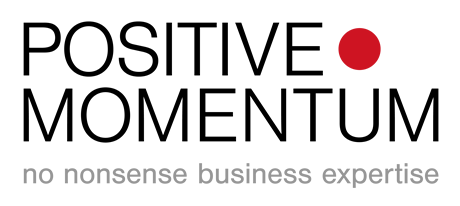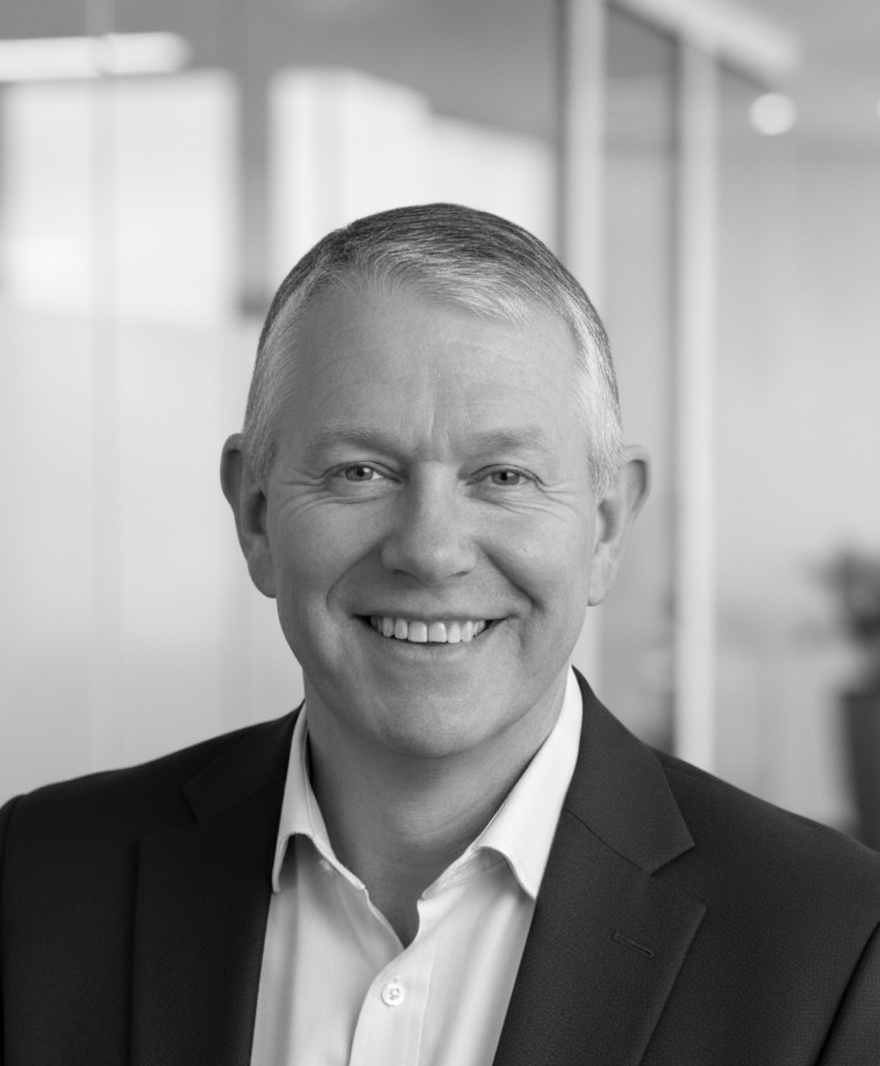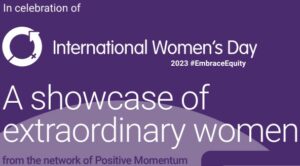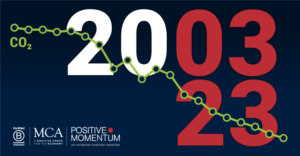Together we’ve built an incredible global economy but the benefits for some have come at an unacceptable cost to others and the damage we’ve done to our planet has now become an all-too-visible, existential threat to humanity.
I’m an optimist. I’ve always believed in business as a force for good. But I’m also a pragmatist – something to do with my agricultural roots I suppose – and know that if you want something to be different you have to do some things differently.
From day one (in 2003) I’ve wanted Positive Momentum to tread lightly on the planet and to actively help those in society who are too often excluded. Whilst I’m proud of what we’ve done, it hasn’t been enough, we could have done more and it couldn’t be clearer that our collective action as a business community in this decade is critical to nothing short of our long term survival as a species.
Like many others I’ve been struck by the impactful simplicity of the UN’s Sustainability Goals:
However, what surprised me is how easy it is to become a ‘signatory’ to these goals (through the UN Global Compact) and therefore associate your organisation with their aims without doing anything more than making a financial contribution.
Now many organisations who are signatories are doing MUCH more than just making the required financial contribution. We’ve clients whose action is substantive and inspiring. But we can all see that the progress toward these isn’t fast enough and that firms like mine need more direction.
With so many priorities I searched for help and came across the non-profit organisation B Lab. Their positive approach appealed. ‘Business as a force for good’ is their term and it resonated with how I, my partners and our clients feel.
I started by completing their B Impact Assessment.
Now I’ll be honest here, when I first took this free online assessment back in 2019, I was pretty confident of smashing the threshold for certification (80 out of 200). We’re a multi million £ business with no offices. We provide employment opportunities for people who might otherwise be excluded. We give back a decent chunk of our profits and time to important causes. Some of our consultants even help clients with their ESG strategy and implementation. I expected to breeze it…
42.
☹️
Not, as it turns out, “the answer to the ultimate question of life, the universe and everything” but instead our paltry achievement against 192 measures across 5 key areas of business:
- Governance
- Workers
- Community
- Environment
- Customers
Now to be clear, beyond now being the proud holders of a B Corp Certification (88.8 since you ask) we’ve no other affiliation with B Lab. They haven’t asked us to write this article nor is there any commercial gain to us in doing so.
We just think it’s fantastic and want to encourage as many other businesses as possible on the same path.
Paradoxically I’m generally very sceptical of voluntary certifications, accreditation’s and awards – a fact to which former teachers to me will attest. Too often (in business at least) they are easy to get, don’t assess things that are relevant in the real world and are therefore meaningless.
Achieving B Corp Certification is anything but easy and actually I now realise that isn’t really to do with the certification at all. Its genius is the step-by-step playbook it offers in progressively and measurably improving your businesses impact on the environment and society.
The B Impact Assessment tool asks for evidence at every stage which is then reviewed in detail and used as the basis for practical improvement suggestions both direct on your own private area of the B Impact Assessment site as well as in later dialogue with a committed team of B Lab professionals.
It’s taken us 2 years to go from 42 to 88.8 and through that process we’ve become a much better business in every respect. Better for our partners and employees, better for clients, better for the environment and society – and better financially. I think that’s a win, win, win, win, win, win!
But the eagle eyed reader will have noticed that we have only just scraped across the certification threshold and are miles from the maximum score.
Whilst I might not like certifications in general, I am pretty competitive and this clever gaming feature has me hooked!
So our B Corp Certification is just a punctuation point in our journey to be as environmentally and socially responsible as we can. We’ve a series of projects in train, a global team energised by our status and constantly looking for new ways we can improve and in three years time we’ll be assessed again by the B Lab team who (quite rightly) will be expecting to see all the things we’ve changed to do even better.
If you’re interested in joining this phenomenal movement, here are three quick tips to make it happen:
- Actively sponsor it at the highest level (you’re going to need to make a legal change to your Articles if you want the certification) but empower someone to own and drive the B Impact Assessment. We wouldn’t have got within a thousand miles of this stage in our journey without the tireless effort of our amazing Partner Support Manager Rachel Stallion.
- Get started, be patient but don’t wait for the badge. Due to its growing popularity there is a considerable backlog of organisations in the certification process. The sooner you apply the sooner you might get it. However, it’s not really about the certification, right?! It’s about the step-by-step actions that the assessment helps you to take during the process of applying and beyond.
- Engage with existing Certified B Corporations®. The support network of organisations that have been through the process is phenomenal. I could fill a whole post with names of people who helped us when we got stuck but I’ll call out particularly Thomas Bourne and Jason Ash as well as our very own Simon Brown. If you’re considering this process – and I wish you would – please don’t hesitate to message me if I can offer any help or advice in this respect.











